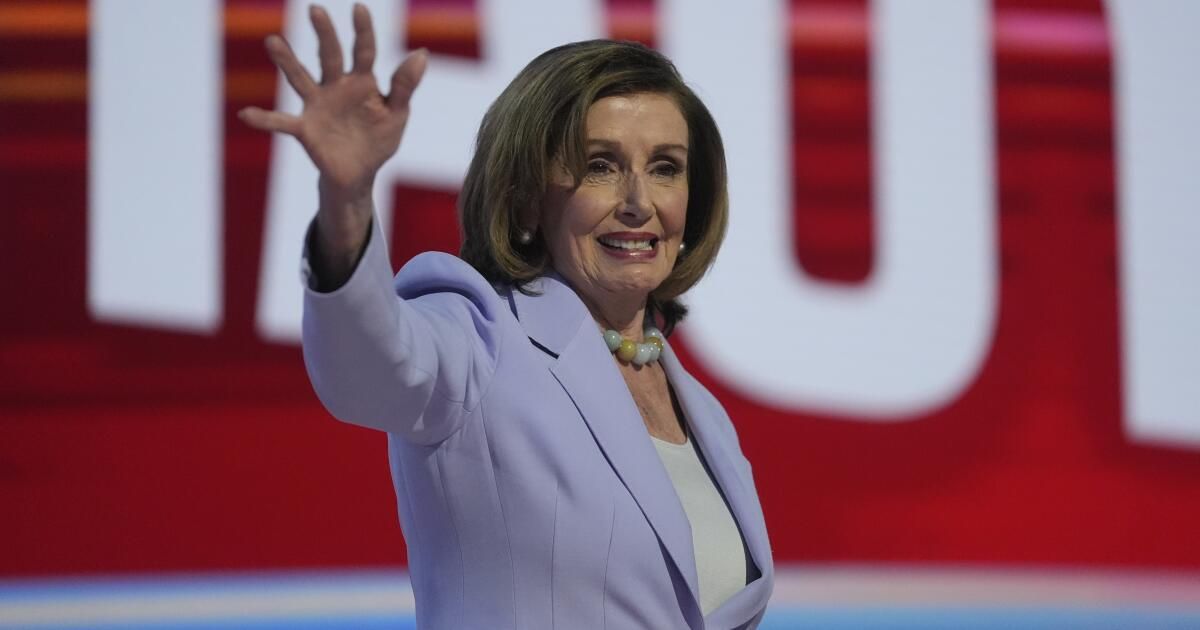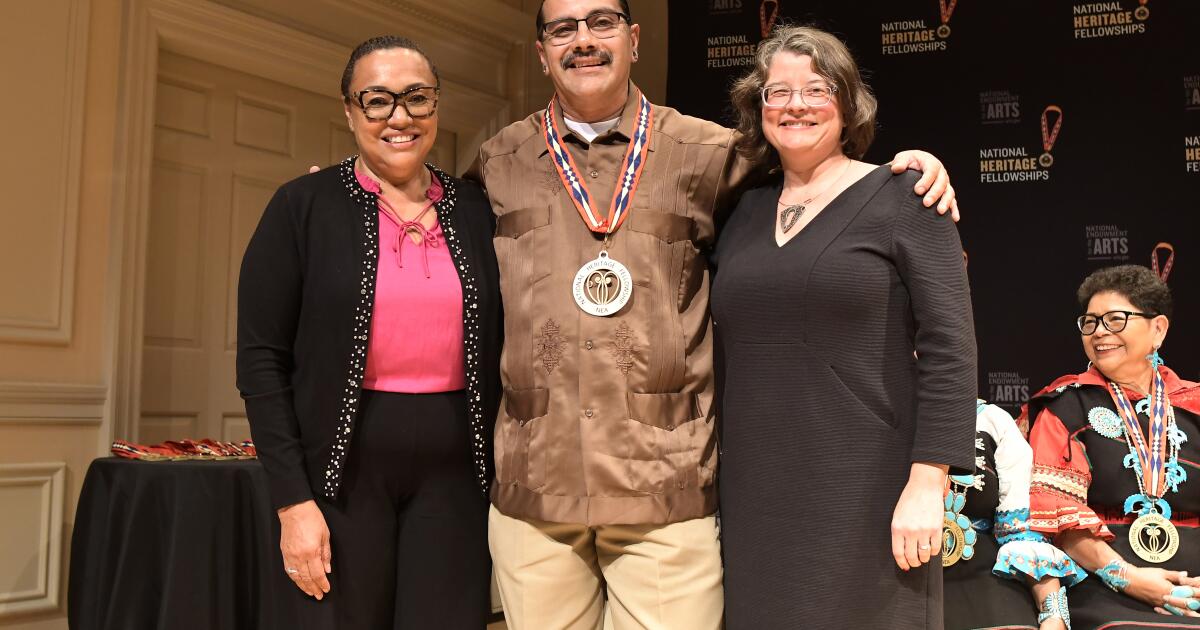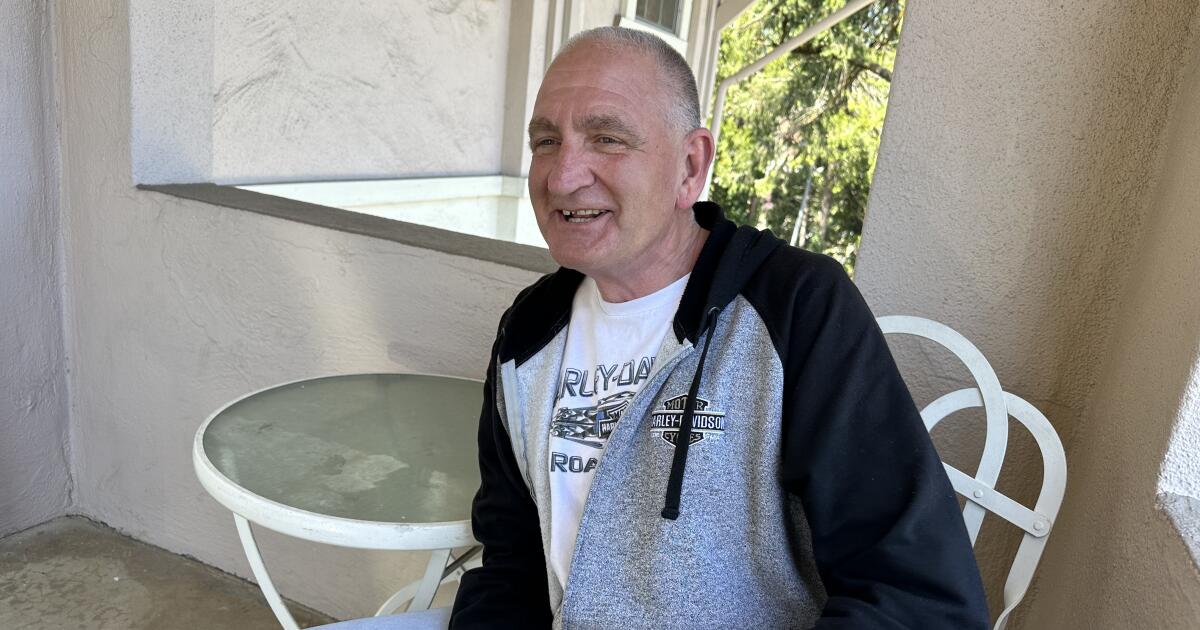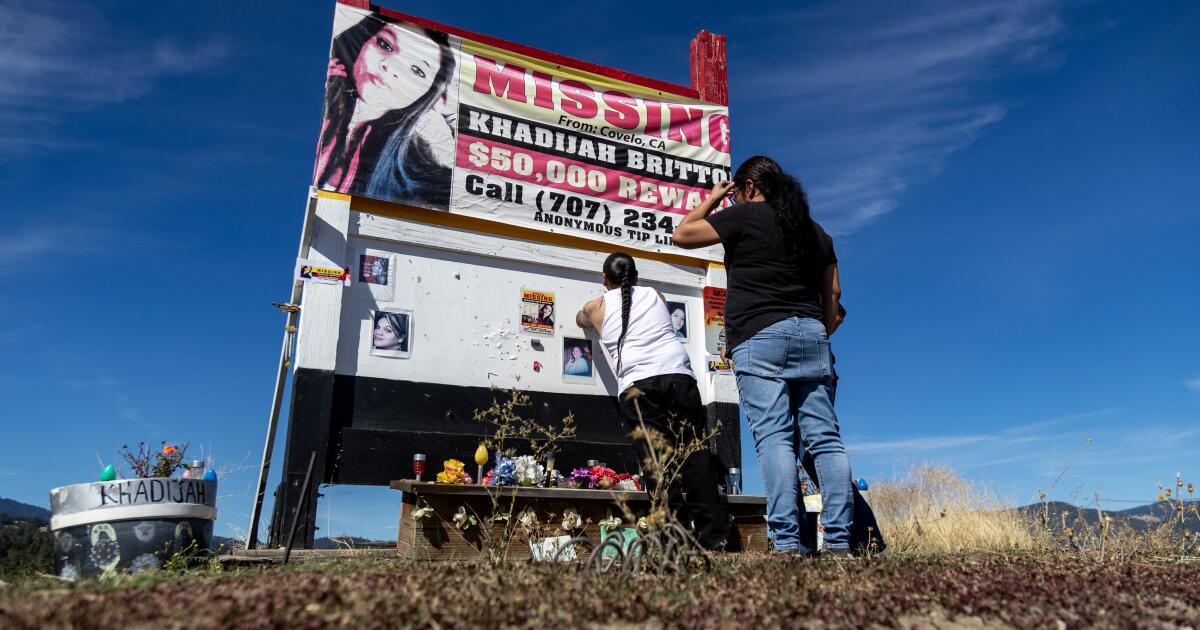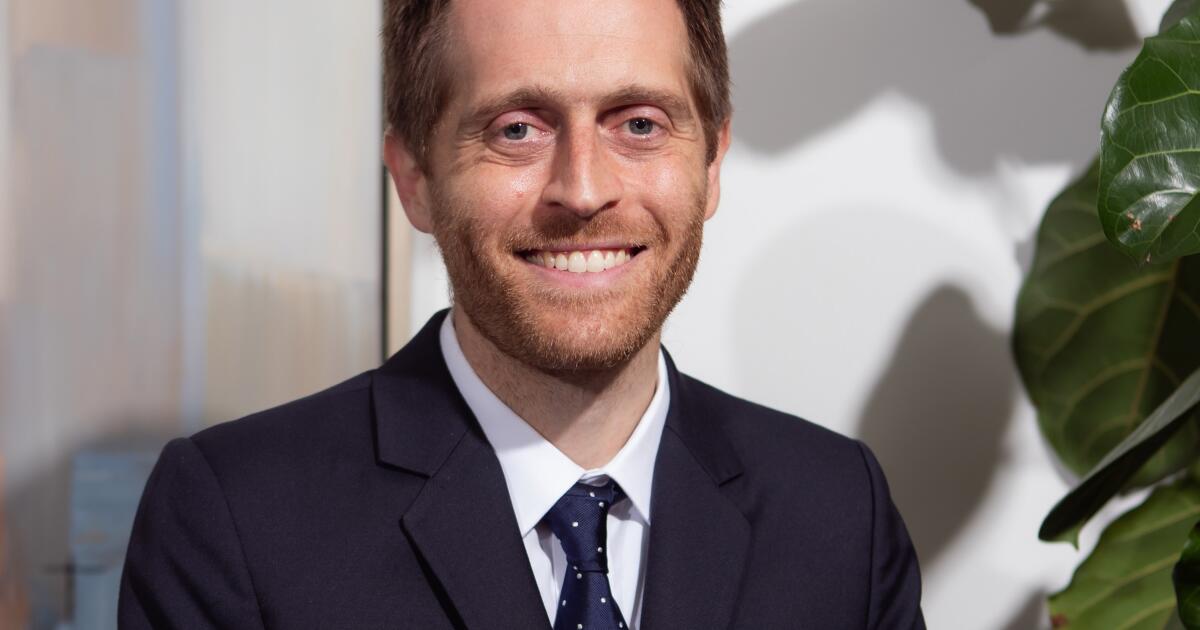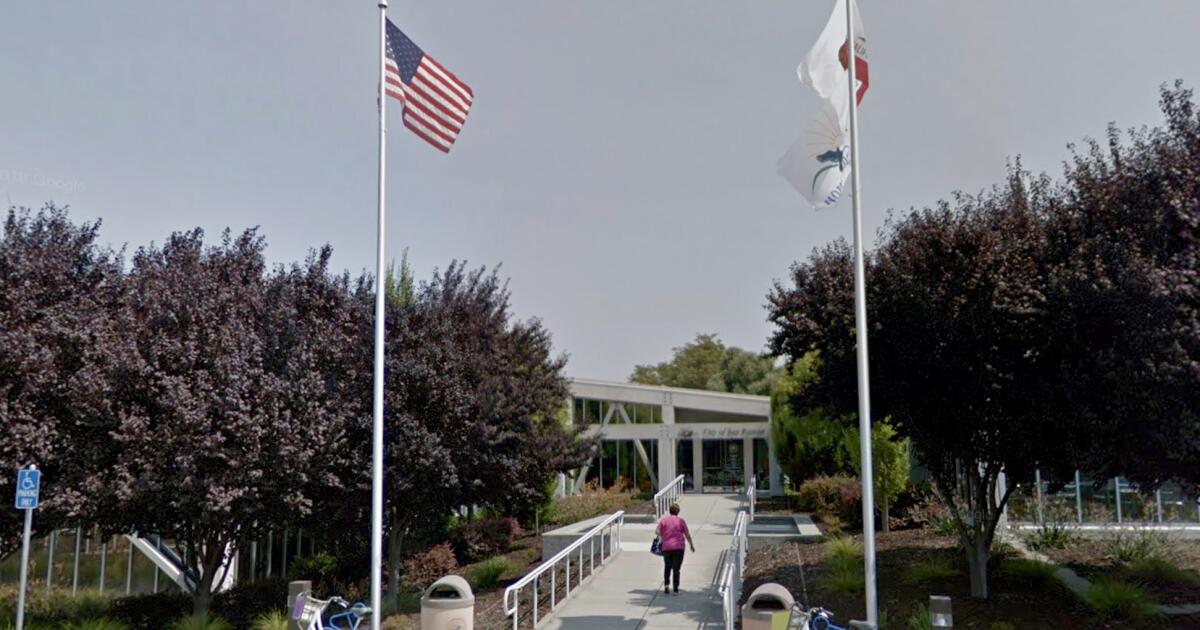SAN FRANCISCO— Rep. Nancy Pelosi, a pioneering San Francisco Democrat who leveraged decades of power in the U.S. House of Representatives to become one of the most influential political leaders of her generation, will not run for re-election in 2026, she said Thursday.
The 85-year-old former House speaker, who has been in Congress since 1987 and oversaw both impeachments of President Trump's first term, had been putting off her 2026 decision until after Tuesday's vote on Proposition 50, a ballot measure she backed and helped fund to redraw California's congressional maps in her party's favor.
With the measure's resounding approval, Pelosi said it was time to start clearing the way for another Democrat to represent San Francisco, one of the country's most liberal strongholds, in Congress, as some are already vying to do.
“With a grateful heart, I look forward to my final year of service as your proud representative,” Pelosi said in a nearly six-minute video she posted online Thursday morning, in which she also recounted the major accomplishments of her long career.
Pelosi did not immediately endorse a potential successor, but she challenged her constituents to stay committed.
“As we move forward, my message to the city I love is this: San Francisco, know your power,” he said. “We have made history, we have made progress, we have always led the way, and now we must continue to do so by being full participants in our democracy and fighting for the American ideals we hold dear.”
Pelosi has not faced a serious challenge for her seat since President Reagan was in office and won the last election by wide margins. Just a year ago, he won re-election with 81% of the vote.
However, Pelosi was facing two hard-to-ignore rivals from her own party in next year's Democratic primary: state Sen. Scott Wiener (D-San Francisco), 55, a prolific and ambitious lawmaker with a strong support base in the city, and Saikat Chakrabarti, 39, a Democratic political operative and tech millionaire who is pouring personal money into her campaign.
Their challenges come amid a shifting tide against gerontocracy in Democratic politics generally, as many in the party's base have increasingly questioned the ability of its longtime leaders (especially those in their 70s and 80s) to maintain a vigorous and effective resistance to President Trump and his MAGA agenda.
Announcing his candidacy for Pelosi's seat last month after years of deferring to her, Wiener said he simply couldn't wait any longer. “The world is changing, the Democratic Party is changing and it's time,” he said.
Chakrabarti, who helped Rep. Alexandria Ocasio-Cortez (D-N.Y.) unseat another older Democratic incumbent with a message of generational change in 2018, said voters in San Francisco “need a completely different approach” to governing after years in which longtime party leaders failed to deliver.
While anticipated by many, Pelosi's decision nevertheless promised to resonate in political circles, including as another important sign that a new political era is dawning for the political left, as also evidenced by the surprising rise of Zohran Mamdani, the 34-year-old democratic socialist elected Tuesday as the next mayor of New York City.
Pelosi, known as a ruthless and shrewd party tactician, had fought concerns about her age in the past, even when she decided to run again last year. Pelosi, the first woman elected president in 2007, has long cultivated and maintained a vivacious image that belies her age, walking the halls of Congress in her trademark four-inch stilettos and maintaining a rigorous flight schedule between work in Washington and constituent events in her home district.
However, that veneer has worn off in recent years, including when he broke his hip during a fall in Europe in December.
That came just after fellow octogenarian President Biden sparked intense speculation about his age and cognitive abilities with his disastrous debate performance against Trump in June last year. The performance led to Biden being pressured to drop out of the race, in part by Pelosi, and Vice President Kamala Harris moving to the top of the ticket and losing badly to Trump in November.
Democrats have also seen other older liberal leaders age and die in power in recent years, including the late Justice Ruth Bader Ginsburg and the late Sen. Dianne Feinstein, another San Francisco power player in Washington. When Ginsburg died in office at age 87, she gave Trump a third appointment to the Supreme Court. When Feinstein died ill in office at age 90, it was amid questions about her competency to serve.
By withdrawing from the 2026 race, Pelosi, who stepped down as party leader in 2022, diminished her own potential for an unpleasant final chapter in office. But he did not admit that his current effectiveness has diminished even a little.
Pelosi was an early and most vocal supporter of Proposition 50, which amends the state constitution to give state Democrats the power through 2030 to redraw California's congressional districts in their favor.
The move was in response to Republicans in red states like Texas redrawing maps in their favor, under Trump's direction. Pelosi defended it as critical to preserving Democrats' chances of taking back the House next year and reining in Trump during the second half of his second term, something she and others suggested will be vital to the survival of American democracy.
On Tuesday, California voters resoundingly approved Proposition 50.
In her video, Pelosi highlighted a litany of accomplishments during her tenure, attributing them not to herself but to her constituents, labor groups, nonprofits and private entrepreneurs, and the city's vibrant diversity and talent for innovation.
He highlighted the city's contribution of federal resources to recover after the Loma Prieta earthquake and San Francisco's leadership role in addressing the devastating HIV/AIDS crisis through partnerships with the University of California, San Francisco and San Francisco General, which “pioneered comprehensive community-based care, prevention and research” that are still used today.
He mentioned passing the Ryan White CARE Act and the Affordable Care Act, building multiple public transportation systems in San Francisco and California, building affordable housing and protecting the environment, all using federal dollars that his position helped him secure.
“It seems prescient now that the slogan of my first campaign in 1987 was, 'A voice that will be heard,' and it was you who made those words come true. It was the faith you had placed in me, and the freedom you have given me, that allowed me to break through the marble ceiling and be the first woman speaker of the House, whose voice would certainly be heard,” Pelosi said. “It was a historic moment for our country and a momentous moment for our community: it allowed me to bring home billions of dollars for our city and our state.”

